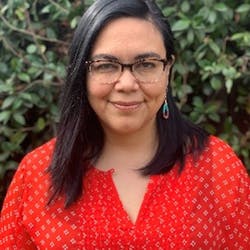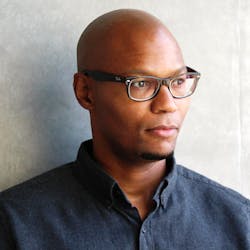Reflections on advancing racial justice through education
- Details
- Resources
As graduate education students in a program focused on transforming education towards a more just society, we have engaged deeply with issues of racism or anti-racism in education and discussed some assumptions about human nature and social change that underlie our efforts. We propose a dialogue among educators to address, from theory and experience:
1. What are some implications of the idea/principle of "oneness of humanity" in anti-racism work in education?
2. How do we envision the process of individual and social transformation in your efforts?
3. What motivates us in our commitment to work in education and anti-racism?
Zaynab Gates
Zaynab is an Education Ph.D. at UCSD. Born in Argentina to a Californian father and an Argentine mother of the Wichí people, she has been long drawn to issues of diversity, equality and social justice. She is passionate about the effect of quality education for historically excluded populations, in particular how it can empower their efforts to develop their communities. Her research interests include intercultural bilingual education, teaching literacy, in-service teacher training, and access to and the quality of higher education.

James Crawford
James is a Ph.D. student and researcher in the Department of Education Studies at UC San Diego. He has extensive experience in education consulting, restorative practices, and capacity-building to center the voices and academic achievement of racially diverse student groups. He is a published scholar with research interests including critical race methodologies, Black critical theory, critical media literacy, and school-community partnerships that utilize culturally responsive pedagogies and curricula to mitigate the impacts of systemic anti-Blackness by fostering individual and collective resilience, resistance, and empowerment.

Andrew Matschiner
Andrew is a PhD student in Education Studies at UCSD. He worked with teachers in Baltimore, Maryland, while earning a MA in Urban Education from Johns Hopkins University. His work examines equity professional development, seeks to understand the unique needs and resistance of white educators growing to embody a commitment to racial justice, and addresses how to move from awareness to action in pursuit of educational justice for Black, Indigenous, and People of Color communities as well as truth and wholeness for white communities.

45th Annual Conference
In the Footsteps of ʻAbdu’l-Bahá: Contributing to the Discourses of Our Time
The views expressed in this recording are those of the presenters and do not necessarily represent the views of the Association for Bahá’í Studies, nor the authoritative explications of Bahá’í writings.